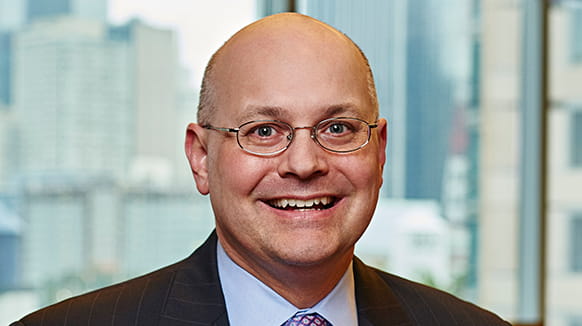On Friday, April 27, 2016, a panel of the United States Court of Appeals for the Federal Circuit declined to reevaluate the venue rules for patent litigation. In a closely watched case titled In re: TC Heartland LLC, petitioner TC Heartland requested that the Federal Circuit reshape patent litigation venue rules, and largely eliminate the ability of patent owners to file suit in popular venues like the Eastern District of Texas. That district has become the venue for nearly half of the patent infringement suits brought in the United States each year—the result of a 1990 Federal Circuit decision in which the court held that a defendant could be sued anywhere it sold an allegedly infringing product.
The Federal Circuit’s decision to adhere to its earlier precedent does not come as a surprise. After oral argument in March, many believed that the comments and questions from the three-judge panel reflected the judges’ skepticism towards TC Heartland’s position that a 2011 amendment to the venue statutes restricts plaintiffs to suing corporate defendants in their places of incorporation or where they maintain an established place of business and have allegedly infringed. “It’s hard to say that [the 2011 changes were] a ‘repeal’ in the form of a purposeful, intentional conveyance of narrowing,” said Judge Kimberly Moore. Judge Moore also noted that “even Congress doesn’t believe the argument you’re making,” a comment apparently directed towards recent Congressional efforts to amend the venue laws to effect the same limitations on forum shopping that TC Heartland argued already exist. Writing for the unanimous panel, Judge Moore criticized TC Heartland’s arguments as “without merit or logic.”
The court’s decision confirms what many have long suspected: that the Federal Circuit will leave it to Congress to alter the venue rules. The ruling against TC Heartland may help in that regard. The Innovation Act (H.R. 9) has been in a holding pattern since it advanced out of committee last year; the decision against TC Heartland might cause the bill to gain momentum. In the absence of a legislative fix, however, there remains a small chance of change through the courts. It is likely that, in the face of this most recent setback, TC Heartland will raise the issue to the Federal Circuit sitting en banc, the Supreme Court, or both. Either one could take a different view from the three-judge panel. We will continue to provide updates on this important case as it develops.
For more information contact one of the lawyers listed below.
